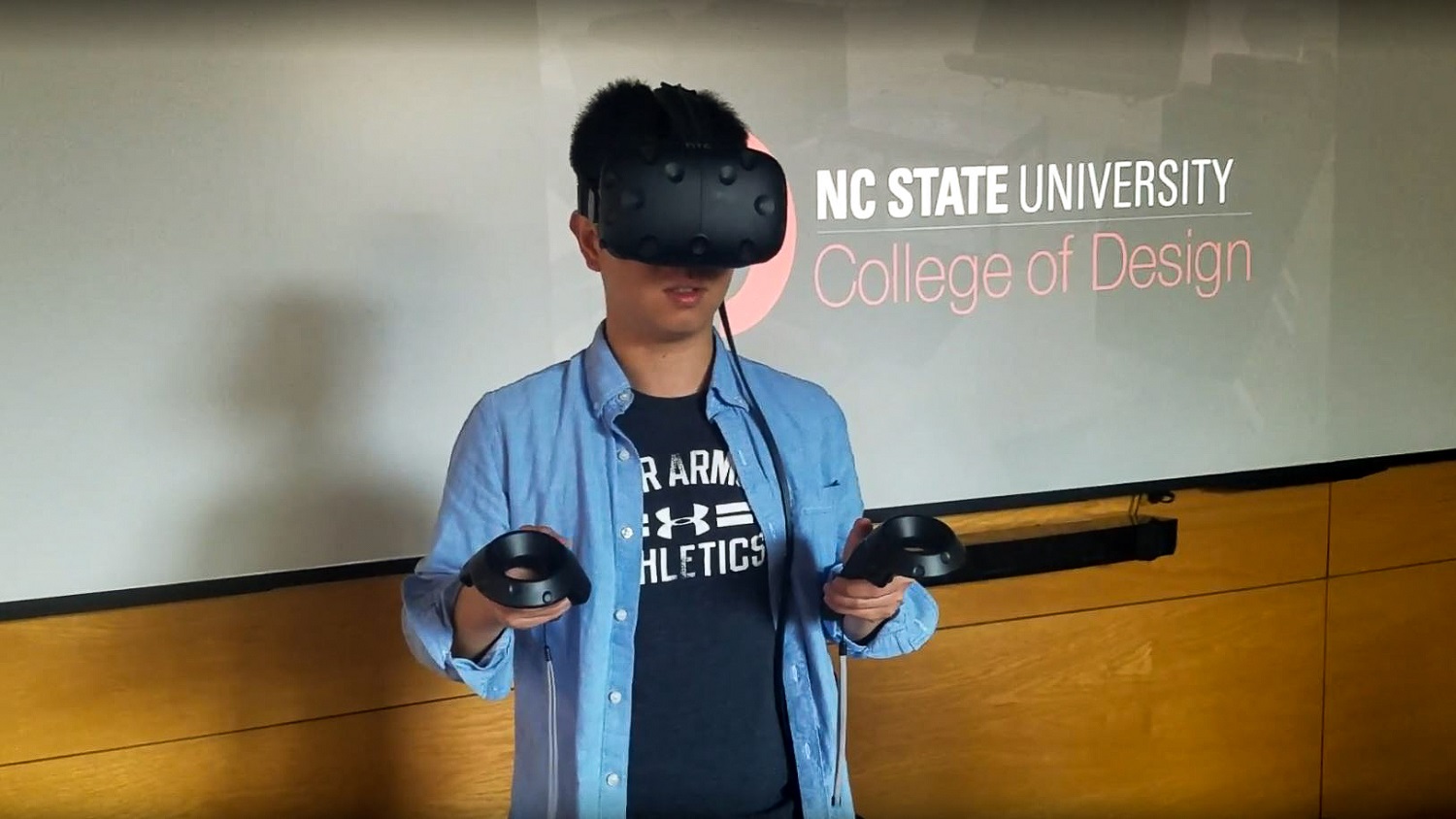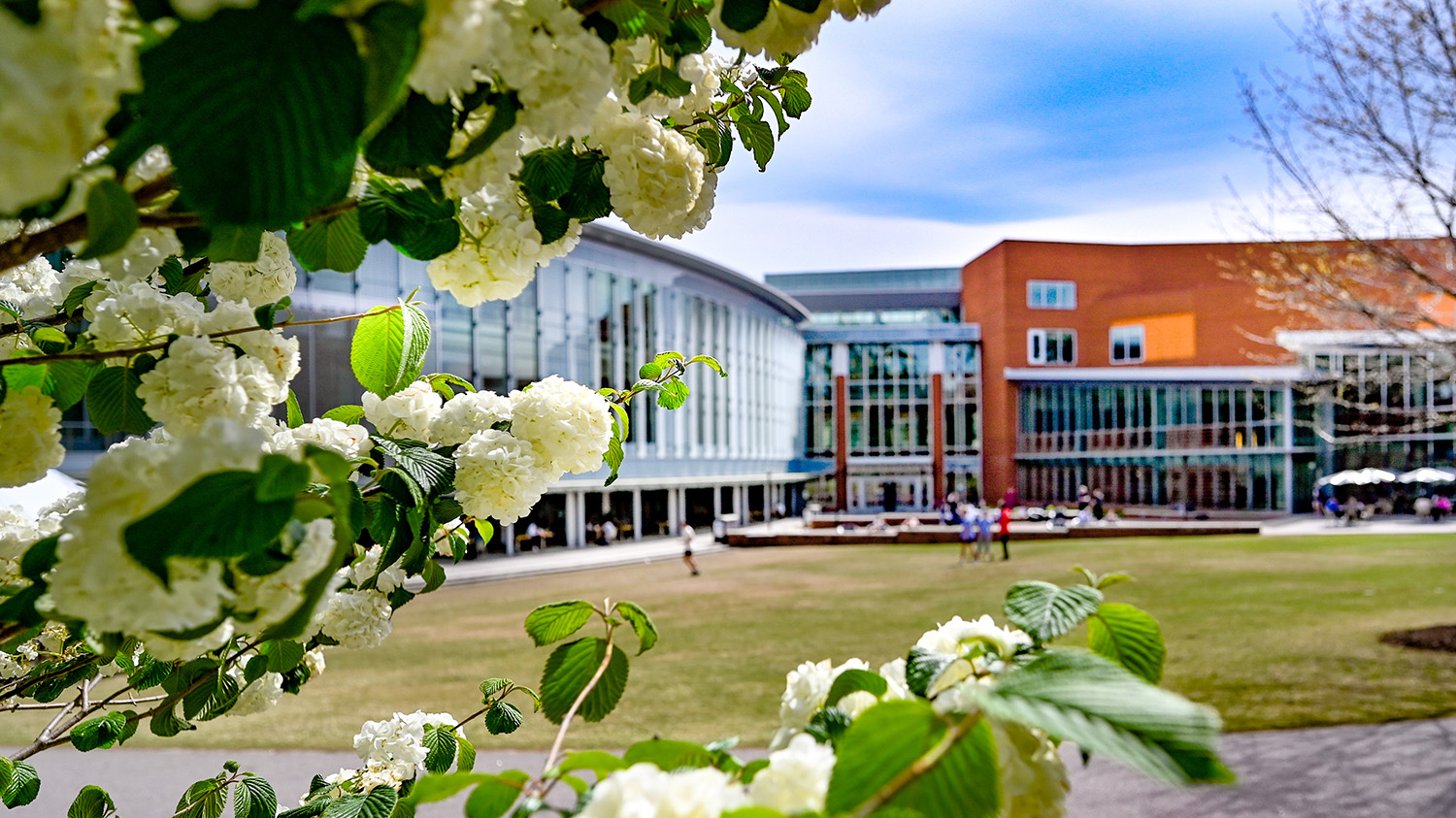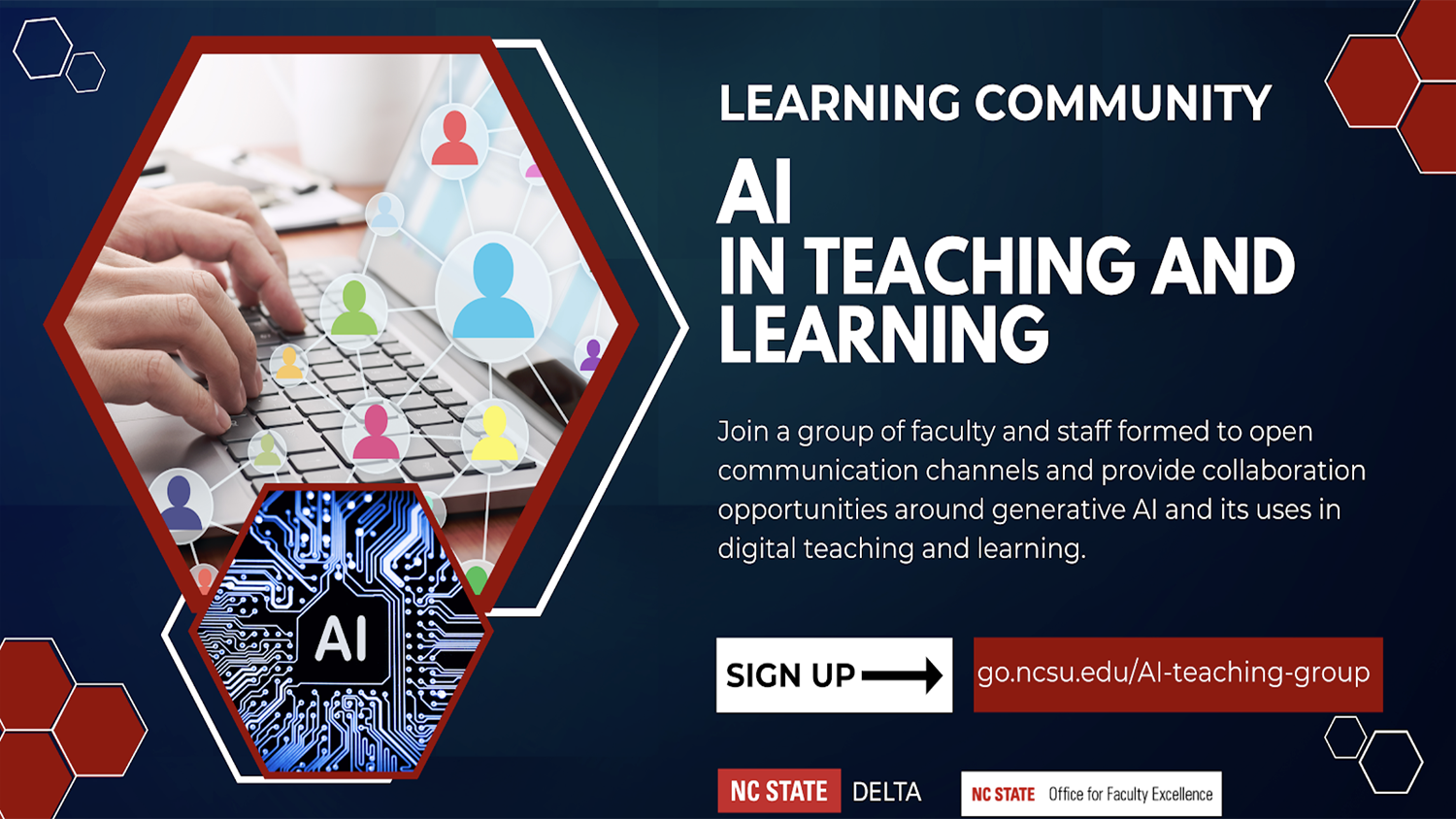DELTA Grant Update: Continuing to Incorporate VR into LAR

Since the completion of DELTA Exploratory Grant work in 2016, Associate Professor of Landscape Architecture Kofi Boone has successfully incorporated virtual reality/augmented reality (VR/AR) technology into landscape architecture courses LAR 500, LAR 502 and architecture ARC 503 studios. Boone has also implemented VR/AR into several research and outreach projects.
“Having access to leaders in integrating technology in the classroom to improve student learning was significant,” said Boone. With DELTA’s support, the speed at which they finished testing and refining VR equipment and software was dramatically increased.
As part of the final project for ARC 503 and LAR 500 studios, conducted jointly with architects from Perkins + Will during the Fall 2017 semester, students created their design proposals in VR/AR. “Practically, the students found this approach more affordable because they didn’t have to buy and invest time in building a physical model and more in sync with their design process,” said Boone. “They were already designing digitally in the computer. Without a lot more effort, they could translate what they have already done into the VR world. It’s not seamless, but it’s closer than moving from a digital workflow to an ‘analog’ one.”
Students responded positively to the new capabilities introduced by VR/AR. “I think that the excitement of feeling like a pioneer in the use of this technology increases overall enthusiasm,” said Boone. “We have learned that some students have thought it was useful for evaluating their understanding of the spaces they create and have used that information to refine their design work.” Designing in VR allows students to build inexpensive and time efficient 3-D models.
Boone hopes that soon students will be able to construct their designs using VR technology from start to finish and he is looking into how that process holds up against the use of traditional models. “We are beginning to use surveys to compare student experiences in VR to those with physical models, drawings and VR experiences,” said Boone. “We have done a round of exploratory research but we are working on a more formal evaluation we hope to publish in the near future.”
The 2018-2019 DELTA Grants proposal submissions system opens March 26. Visit go.ncsu.edu/deltagrants to learn more and sign-up now for group consultations and information sessions.


